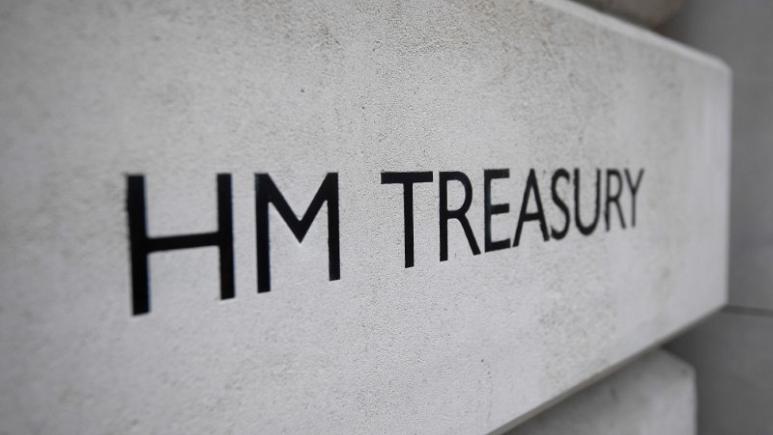
The Treasury Committee is again on the warpath. Last month, the influential all-party select committee took aim at the crypto sector. Now it has reported on its correspondence with Nationwide, Santander, TSB and Virgin Money-the subject savings rates.
In May, committee of MPs widened its campaign for banks to increase the savings rates offered to loyal customers. In particular, it questioned why easy access rates are much lower than the current Bank of England base rate.

Access deeper industry intelligence
Experience unmatched clarity with a single platform that combines unique data, AI, and human expertise.
MPs asked how the banks and building societies determine the level of interest rate increases to pass on to savers. It also asked whether they inform their loyal customers that higher alternatives may be available.
These financial institutions, defined as ‘scale challengers’, account for a quarter of all personal current accounts, according to the FCA.
Around 60% of household deposits are held in instant access accounts, according to the Bank of England’s Monetary Policy Committee. Last month, the policy committee noted that the pass-through of interest rate rises to savers has been “unusually weak”.
The Treasury committee began its latest inquiry into retail banks in February. The big four banks at that time offered rates of between 0.5% and 0.65%.

US Tariffs are shifting - will you react or anticipate?
Don’t let policy changes catch you off guard. Stay proactive with real-time data and expert analysis.
By GlobalDataToday, the big four offer rates between 0.7% and 1.35%. The Bank of England interest rate is currently 4.5%.
Savers’ rate rises ‘unusually weak’: Harriet Baldwin
The formidable Harriett Baldwin MP is chair of the Treasury Committee. She said: “With the Bank of England confirming the pass through of base rate increases to easy access savings accounts has been unusually weak, it’s clearer than ever that the nation’s biggest banks need to up their game and encourage saving. While other products are available to those who shop around, the measly easy access rates on offer lead us to conclude that loyal customers are being squeezed to bolster bank profit margins.
“We remain concerned that the loyalty penalty is especially prominent for elderly and vulnerable customers who may still rely on high street bank branches.”
Earlier this year, the committee quizzed the CEOs of Barclays, HSBC, Lloyds and NatWest. And only last month, the FCA told the committee that the harm to customers earning low savings rates was likely to have increased as interest rates have risen.
FCA Consumer Duty regulations: in force from 31 July
The UK’s banks and building societies ought to know better than to incur the wrath of the select committee. An even more pressing requirement for financial institutions is the need to comply with the FCA Consumer Duty regulations.
The banking sector has had two years notice of the new regulations. The clock is ticking and they come into force on 31 July. The new FCA consumer duty applies to a range of products. They include mortgages, credit, pensions and investments. Specifically, the regulations will require firms to focus on outcomes for their customers.
When the rules were drafted the FCA said that this would require what it termed “a significant shift in culture and behaviour”.
In practice, it may include targeting what has become known as the “loyalty penalty”. This is where loyal, existing customers are treated less well than new customers.
Banks will now be required to take all reasonable steps to avoid foreseeable harm to customers. They will also have to be seen to act in good faith. In addition, they must show that the benefits of products are reasonable compared with the price.







